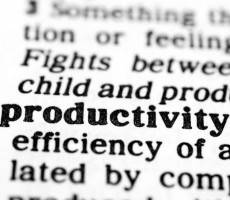August 1, 2016
One in five UK workers believe their job is less secure due to Brexit vote 0
Around one in five employees in the UK are feeling pessimistic about the security of their current job because of the Brexit vote to leave the EU, a new survey by the CIPD claims. Answering a range of questions, including how they felt about the future as a result of the UK’s vote to leave the EU, around 44 percent of the 1,000 working adults who took part felt pessimistic about the future, with this being particularly high amongst public sector workers (61 percent), voluntary sector workers (58 percent) and people aged 25-34 (63 percent). 22 percent said they felt their job was less secure now. The CIPD’s survey also highlighted incidents of harassment and bullying in the workplace relating to the Brexit decision, with more than one in ten employees saying that they have experienced, witnessed or heard of incidents of harassment or bullying of a political nature and just under one in ten (7 percent) referenced incidents of a racist nature (7 percent).






 Whether or not you raise an eyebrow every time you hear about the need for employee engagement, there is a growing body of research which links engagement to performance.
Whether or not you raise an eyebrow every time you hear about the need for employee engagement, there is a growing body of research which links engagement to performance. 


 Gensler has announced the results of its Workplace Survey 2016 for both
Gensler has announced the results of its Workplace Survey 2016 for both 



























August 17, 2016
Do people really matter when we design workplaces? 0
by Steve Maslin • Comment, Events, Facilities management, Workplace design
More →